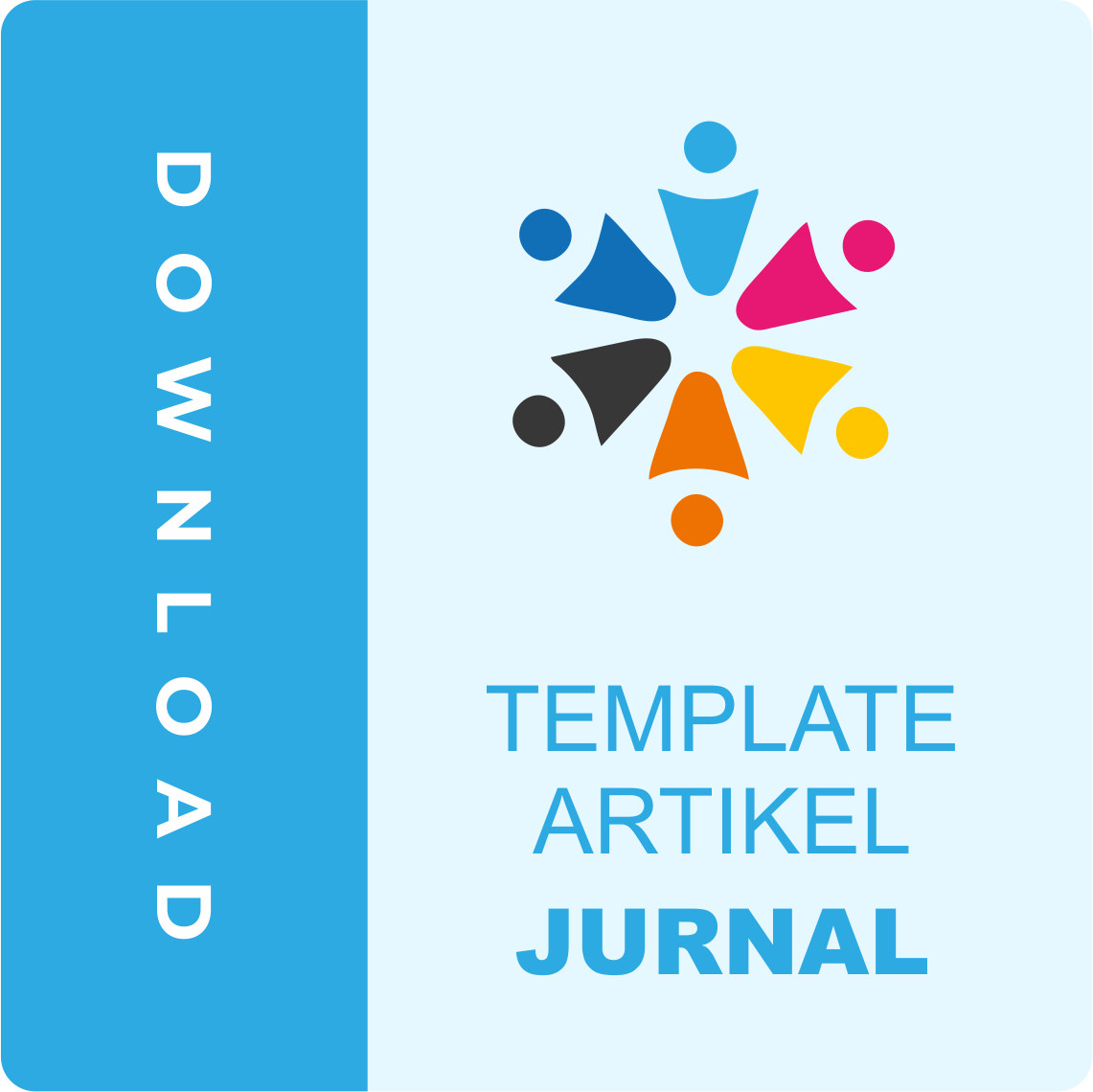The Effect of Web Quality, Customer Retention and Switching Barrier on Customer Loyalty Through Customer Satisfaction
Tokopedia is one of the online shopping portals that has existed since 2009 until now the name of Tokopedia is getting bigger and known by many people in Indonesia, but over time and technological developments in Indonesia, more and more of these other online shopping portals have an impact on the variety of choices among the public as other choices and can compare which one is the most value for money to be made the main choice as a means of online shopping. But in the end, not a few of these online shop companies finally decided to close their portals in Indonesia because of the very high competitive level and difficulty in getting loyal customers. Until the peak when the pandemic occurred which reduced the level of people's purchasing power, several online shops began to close their networks in Indonesia. This study aims to determine the effect of web quality, customer retention and switching barrier through customer satisfaction on customer loyalty. The population in this study is employees of PT Solusi Transportasi Indonesia with the number of samples in this study amounting to 100 employees who have become users of the Tokopedia application at least have placed orders. Purposive sampling techniques with data collection are carried out using questionnaires in Gform format which are then processed using SmartPLS 4.0 software using SEM (Structural Equation Modeling) models. The results showed that directly variable X (Quality Web, Customer Retention and Switching Barrier) had a positive and significant effect on variable Z (Customer Satisfaction) but the independent variable or X (Quality Web, Customer Retention and Switching Barrier) had a positive value but not significant to Y (Customer Loyalty), but when variable X (Quality Web, Customer Retention, Switching Barrier) mediated by variable Z (Customer Satisfaction) had results positive and significant
Copyright (c) 2023 Abdul Haris

This work is licensed under a Creative Commons Attribution-ShareAlike 4.0 International License.




